Taiwan’s central bank increased its benchmark interest rate by a modest amount on Thursday last week, the third hike this year, as it tries to battle inflation without further weighing down its slowing economy.
The central bank raised its policy rate by 12.5 basis points to 1.625 percent, in line with forecasts of most economists surveyed by Bloomberg. The bank also raised its reserve requirement ratios by 0.25 percentage points.
The central bank’s decision came hours after the US Federal Reserve hiked interest rates by 75 basis points, the fifth increase this year, to tame rampant inflation. Taiwan’s policy makers have been able to be more flexible in their rate hikes, with inflation peaking in the second quarter amid a slowdown in the economy. The central bank raises its rate by a smaller-than-expected 12.5 basis points in June and by 25 basis points in March.
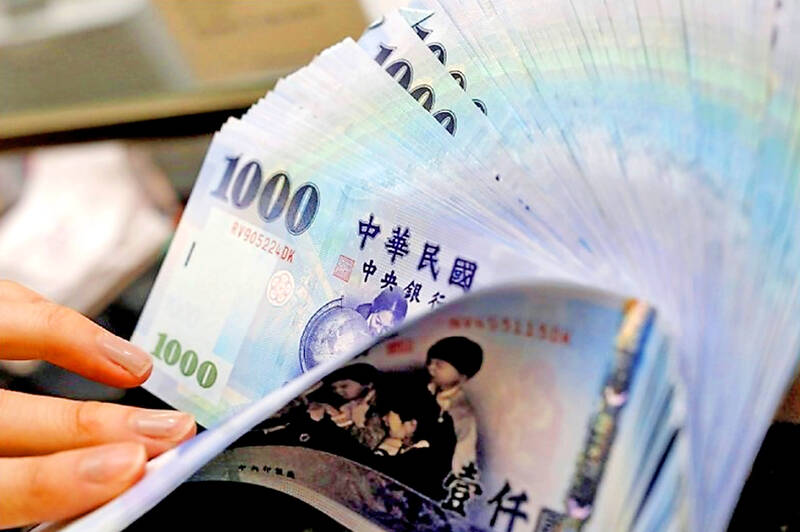
Photo: Liberty Times 照片:自由時報
Higher interest rates may help to bolster Taiwan’s dollar, which has slumped this year on the back of a stronger US currency, weaker export demand and rising geopolitical tensions. The local dollar was down 4.8 percent against the greenback in the past month, the third-worst performer among Asian currencies.
Taiwanese officials have sought to balance tempering inflation without hurting its economy, which has been weighed down by sluggish demand from China, the impact of COVID-19 restrictions on supply chains, and other global headwinds. The government has already cut its 2022 growth forecast twice this year to 3.76 percent.
“Taiwan’s economic slowdown is very apparent, with export growth only in the single digits and manufacturing PMI shrinking,” Ma Tieying, an economist at DBS Group Holdings Ltd, said before the rate decision. “The risk of Taiwan’s economic downturn is very high, so from this point of view, increasing by 12.5 basis points is a compromise option and the best option.”
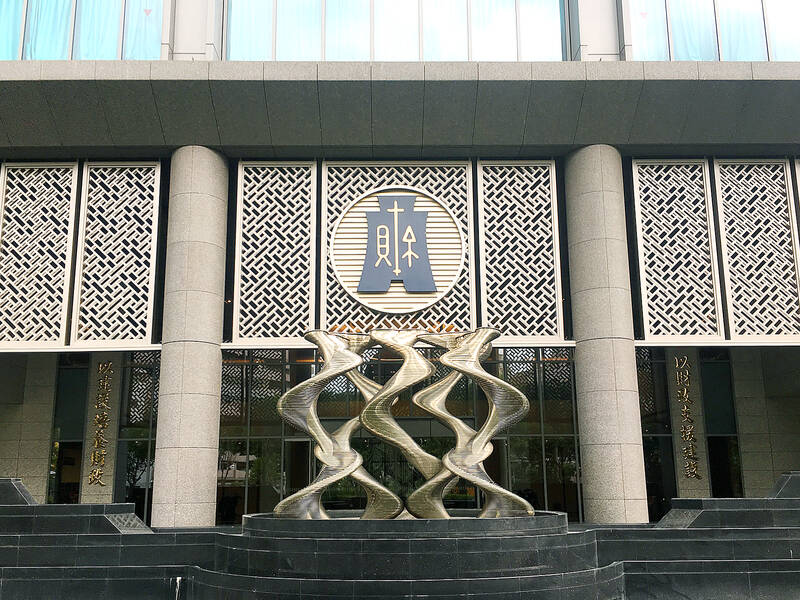
Photo: Cheng Chi-fang, Liberty Times 照片:自由時報記者鄭琪芳
Economists surveyed by Bloomberg have also revised down Taiwan’s GDP to 3.2 percent for this year. Those polled also expect that Taiwan will raise interest rates again in the fourth quarter to 1.75 percent.
Export orders from the island have started to slow, gaining 2 percent in August from a year earlier, with orders from China and Hong Kong falling more than 25 percent. Manufacturing is also coming under pressure, with the purchasing managers index dropping in August to 42.7 — its lowest reading since May 2020.(Bloomberg)
台灣中央銀行上週四小幅調升基準利率,此為今年第三次升息,因央行試圖對抗通貨膨脹,但同時不讓趨緩的經濟雪上加霜。
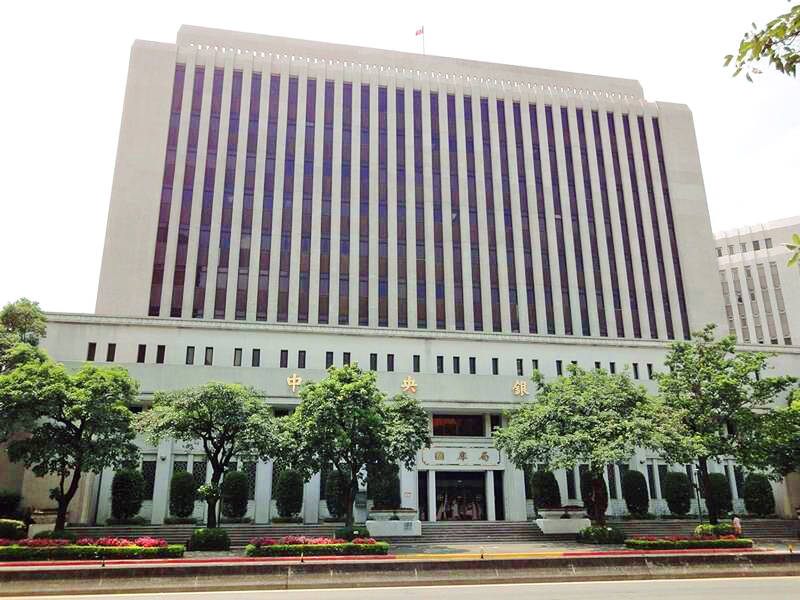
Photo: Liberty Times 照片:自由時報
央行將政策利率上調12.5個基本點至百分之1.625,與彭博社所調查大多數經濟學家之預測一致。央行還將存款準備率上調1碼(0.25個百分點)。
台灣央行做出此決定,是在美國聯準會將利率提高75個基本點──今年以來的第五次升息以抑制猖獗的通貨膨脹──的數小時後。台灣在經濟放緩的情況下,通貨膨脹在第二季達到頂峰;台灣的政策制定者能夠更靈活地升息,央行六月升息12.5個基點,三月升息25個基點,幅度小於預期。
由於美元走強、出口需求疲軟與地緣政治緊張局勢加劇,台幣今年已經下跌,利率的調升或能有助提振台幣。過去一個月,台幣兌美元下跌了百分之4.8,在亞洲貨幣中表現第三差。
台灣官員試圖在不損害其經濟的情況下平衡緩和的通貨膨脹,台灣的經濟受到中國需求低迷、新冠疫情限制對供應鏈之衝擊,以及其他全球不利因素的拖累。台灣政府今年已將二○二二年的成長預測下修兩次,至百分之3.76。
「台灣經濟放緩非常明顯,出口成長只有個位數,製造業採購經理人指數(PMI)萎縮」,星展集團控股有限公司經濟學家馬鐵英在利率決定前表示。「台灣經濟下滑的風險很高,所以從這個角度來看,升息12.5個基點是個折中的選擇,也是最好的選擇」。
彭博社所訪問的經濟學家也將台灣今年的GDP下調至百分之3.2。受訪者還預計台灣將在第四季再次升息,至百分之1.75。
來自台灣的出口訂單開始放緩,八月份比去年成長百分之2,其中來自中國大陸和香港的訂單減少超過百分之25。製造業也面臨壓力,採購經理人指數八月降至42.7,為二○二○年五月以來最低。
(台北時報林俐凱編譯)
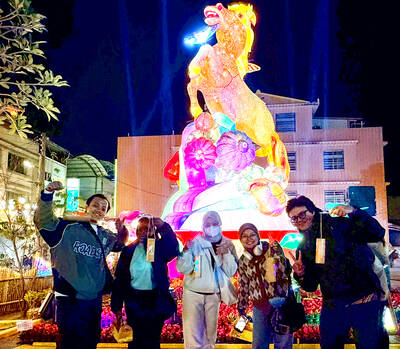
A: Harvard professor Robert Waldinger’s “7-day Happiness Challenge” includes: Day 1: Take stock of your relationships; Day 2: The secret power of an 8-minute phone call; Day 3: Small talk with strangers has big benefits. B: That’s not too hard. What’s next? A: Day 4: Why you should write a “living eulogy;” Day 5: The importance of making work friends; Day 6: Don’t cancel those social plans. B: Good ideas. What’s the final challenge? A: Day 7: Keep happiness going all year long. So, I’m inviting some friends to the Taipei Lantern Festival today to build good relationships. Wanna

A: Happy Lunar New Year. I wish you joy and health in the Year of the Horse. B: Thanks, you too. Actually, the Harvard Study of Adult Development claims that they’ve finally discovered the secret to living a happy life after 85 years of research. A: What is it? Money? Fame? Career? B: Nope, the key is good relationships. Professor Robert Waldinger, the principal investigator, portrays one’s relationships as “social fitness,” and has worked with the New York Times to launch the “7-day Happiness Challenge.” A: I wanna be socially fit. How can I participate in this challenge? A:

Steam curls from a shallow iron pot as thin ribbons of beef turn from ruby to blush. Warishita — a mixture of soy sauce, sugar and mirin — goes in, and the room fills with a salty-sweet aroma. Tofu slips in beside mushrooms and greens, chopsticks hover and voices soften. More than a hot pot, “sukiyaki” is a table-side ritual that invites everyone to cook and enjoy at the same pace. The name is believed to be associated with the iron “suki,” a kind of spade once used by farmers for cooking and later replaced by shallow pots. As cultural taboos
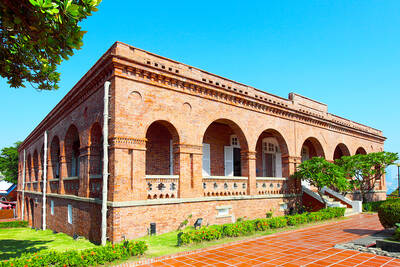
★ 本文由生成式 AI 協作,本刊編輯編修。 For tourists looking for a scenic way to spend an afternoon in Kaohsiung, heading to the British Consular Residence of Takao is the perfect choice. Its elevated position allows one to take in the bustling Kaohsiung Harbor to the east and the dazzling sunset over Sizihwan Bay to the west. This elegant red-brick building also serves as a portal to the city’s rich history. Interestingly, for 70 years, many people mistakenly identified this residence as the actual consulate. The history of “Takao,” the former name of Kaohsiung, began its international chapter in the mid-19th century. As European powers